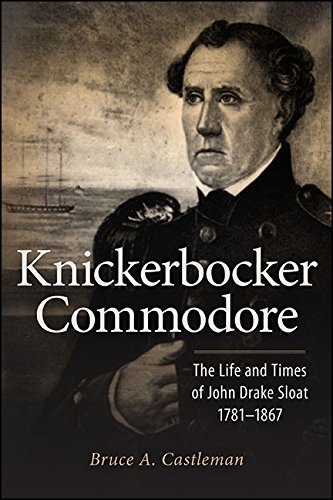
General Vicente Filisola's Analysis of José Urrea's Military Diary
by Vicente Filísola
"A Forgotten 1838 Publication by an Eyewitness to the Texas Revolution"
Popularity
2.86 / 5
* A book's popularity is determined by how it compares to all other books on this website.
Where to buy?
Buy from Amazon* If you buy this book through the link above, we may receive a small commission at no extra cost to you.
General Vicente Filisola's Analysis of José Urrea's Military Diary by Vicente Filísola
Details
War:
Mexican-American War
Perspective:
Commanders
True Story:
Yes
Biography:
No
Region:
North America
Page Count:
368
Published Date:
2007
ISBN13:
9780876112243
Description
Brief Summary
General Vicente Filisola's Analysis of José Urrea's Military Diary presents an English translation of Vicente Filisola's rare critique of José Cosme Urrea's military diary. Filisola was the second in command of the Mexican army during the Texas Revolution, while Urrea commanded a division in the 1836 campaign. This work has largely been overlooked in historical studies related to the Texas Revolution, primarily due to its limited availability and previous lack of an English translation. Now, readers have the opportunity to examine a unique perspective on the events of the Texas Revolution through Filisola's analytical lens.
Main Themes and Topics
The book delves into the military strategies and decisions made during the Texas Revolution, particularly focusing on the 1836 campaign led by the Mexican army. Through analyzing José Urrea's military diary, Filisola offers a critical perspective on command decisions, exposing the complexities and challenges faced by the military leaders. The themes of leadership, strategy, and historical interpretation of military actions are central to this work. Filisola aims to provide a more nuanced understanding of the events and decisions that shaped this critical period in history.
Writing Style and Tone
Filisola's writing is analytical and detailed, reflecting the thorough nature of a military officer's report. The tone is formal and methodical, aiming to dissect and evaluate the entries in Urrea's diary with precision. The translation captures the meticulousness of the original text, offering readers access to Filisola's strategic insights and critiques with clarity and depth. The book's academic tone serves to engage readers interested in military history and historical analysis.









